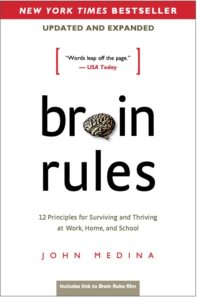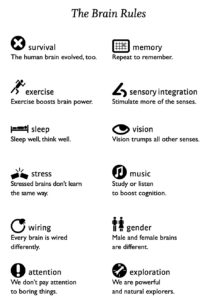Here is a short selection of my favourite books, I read them several times and keep them next to me. In the same way I am keen to ask for books suggestion for my personal development and extend my views, I am happy to share ones of my favourite books.
Best regards, Céline
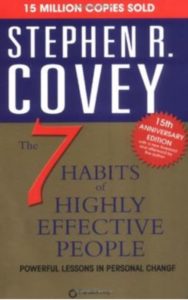
It is a self-development book applicable to professional life and as well in life in general. I “met” this book twice in leadership programs in 2 different companies and has become one I often go back.
The whole step by step approach starting inside (own proactivity) to influence out is worth reading and more : experiencing. There are very practical tools like circle of influence or matrix importance/urgency that are very powerful. There are good infographics summarizing concepts & tools that you can download.
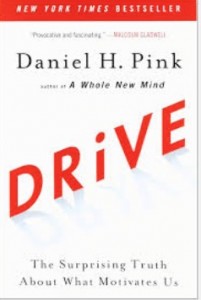
This book is not a theory, it is based on many scientific studies related to brain functioning and motivation. That can help any team member or manager to become more aware of incredible power of intrinsic motivation and develop its drivers for higher performance and fulfilment.
Very easy to read, with a summary at the end of each chapter. If you have no time to read the book, you can also watch the The TED talk (https://www.ted.com/talks/dan_pink_the_puzzle_of_motivation) which gives the main take away of the book.
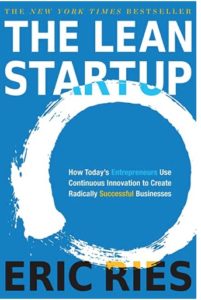
This book is easy to read and plenty of interesting start up stories. It gives a structured approach to deal with incertitude in the context of innovation.
Principle is to enable early client interaction with a “minimum viable product” (that can be even fake) in order to test in a very scientific way their behaviour or basic business hypothesis.
That approach used in a iterative way ensures that time & effort in development is focused on client valuable features and limits waste.
This applies to technological products and innovation field, but not only : it is applicable to anyone who wants to build something new for a client. http://theleanstartup.com/principles
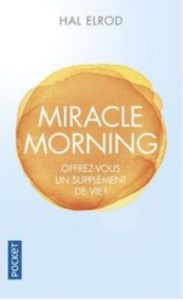
At first view, it appears impossible to wake up one hour earlier without an external imperative reason, but the author is quite convincing and pushes you to make a try !
I can only say that personally, I have become completely fond of this early quiet hour in the morning before the “normal” day starts.
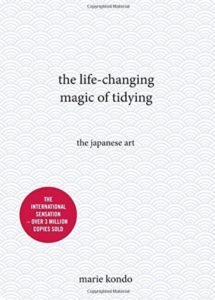
It can appear as a “domestic life” book. Indeed, but not only in the context of “work at home”, this applies also to professional life and how you make your space aligned with what matters for you and helps you to feel well at work and at home.
John Medina is a famous neuroscientist. He simplifies a very complex topic and defines 12 rules based on consensual last years research. He makes it very didactic with a summary at the end and a section how we can exploit these learnings concretely in our lives. Here are three main take aways:
- It restores that truth about incorrect common ideas:
- « Mozart effect » (listening Mozart would help to learn does not exist
- « we use only 10% of our brain »;
- “either you are right brain or left brain”
- « women are multitaskings » – indeed brain is mono task, for men and women, multitasking is a myth
2. Importance of sleep, exercice and attention – all threatened by modern life.
3. A few highlights /reference in perspective of business life:
- Exercice is not enabled humain brain development and is still a way to create new neurons and stay healthy, avoid major illness linked to Alzheimer (60%) or senile dementia (50%) or depression. Minimum 30 min per week twice or 3 times a week. An amazing example is Jack Lalanne we can see running and still very young in her 90s.
- Violinists have specific brain areas more developed than other people, especially the one referring to ability of left hand: it shows how learning and training enables development of new connections.
- Attention is most of the time a sequence of 10 min – it is better to give general idea before giving details. Associating emotions (or story) gives a better chance; sens integration encourages us to use a widder range of sense – usually we use sound and images, but why not others
- Interesting advertising about apple in 1984: https://www.dailymotion.com/video/xkpkd0
- Diversity & Inclusion: Deborah Tannen made very interesting studies about men/women brains.


